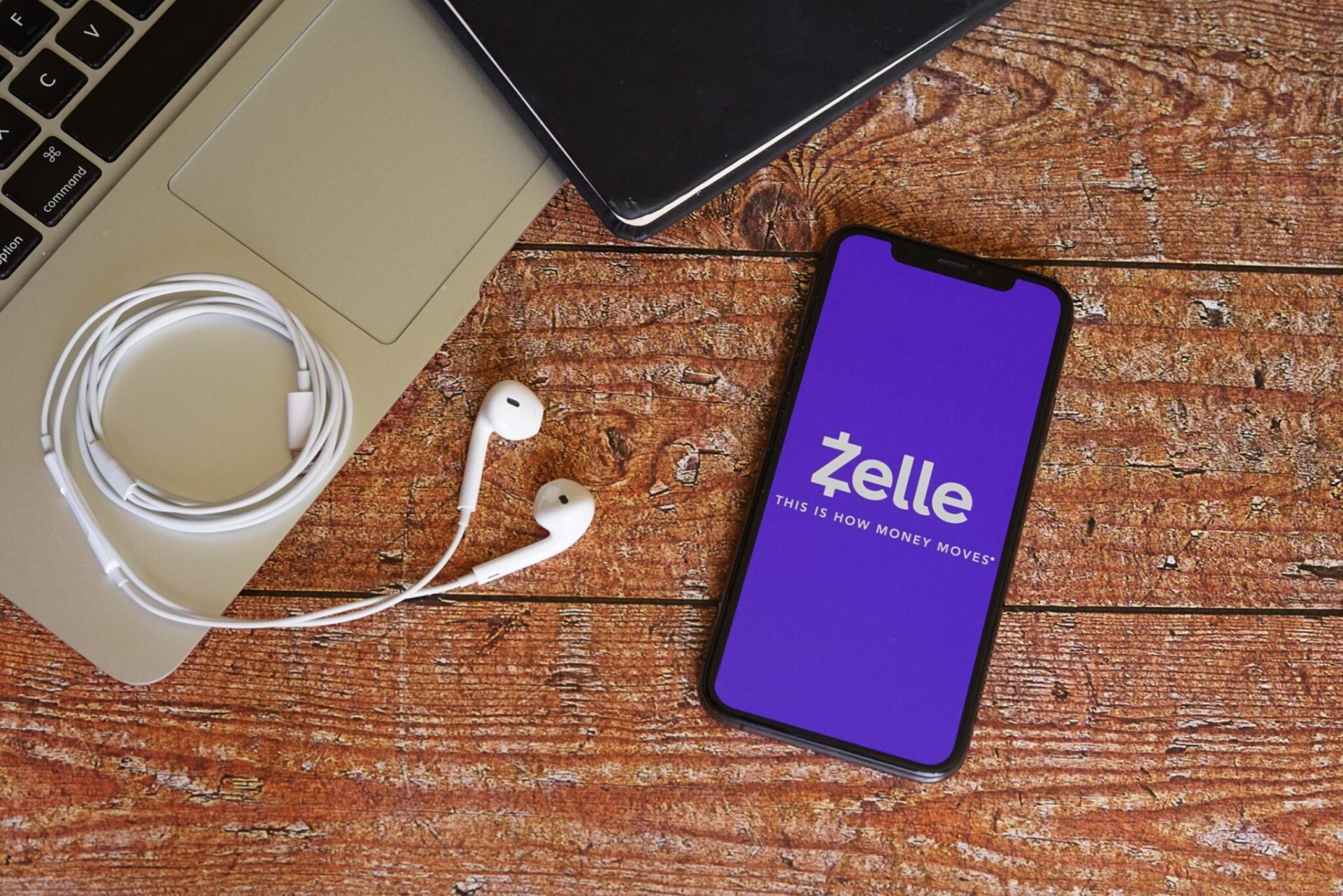Taxes
Zelle Users Are Circumventing an IRS Tax Rule to Their Advantage
Zelle says the new IRS 1099-K reporting rules for third-party payment processors do not apply to them.
Nov. 18, 2022

Back on Jan. 1, an IRS rule change went into effect requiring third-party payment processors, like Venmo, CashApp, and PayPal, to issue 1099-K forms to those who receive more than $600 in payments for goods and services via their apps and also file them directly with the IRS. Previously, those third-party payment processors issued 1099-Ks only for customers with gross payments exceeding $20,000 who had made more than 200 of these transactions.
CPA Practice Advisor contributor Mary Girsch-Bock wrote last June that the new reporting requirements were tucked inside the American Rescue Plan Act that was passed in 2021.
If you’re a small business owner and receive the majority of customer payments from credit cards, cash, or checks, you’ll likely be unaffected. But if you use third party settlement organizations to get paid, the rules have changed. In 2022, companies such as Zelle, PayPal, Square, Stripe, Venmo, and others will be sending you a 1099-K if you receive more than $600 in payments during the year. Both Uber and Lyft are also considered third-party settlement organizations or use an organization to pay their workers, so if you had a few gigs with either, you’ll be receiving a 1099-K as well.
But one of those payment services that Girsch-Bock mentioned above says the new IRS rules do not apply to them: Zelle. Why? A spokeswoman from the bank-to-bank payment service told Bloomberg because it is a network that does not hold funds.
Bloomberg reported on Nov. 7:
Although Zelle offers a core service similar to those of PayPal, Cash App, Google Pay and other competitors, it was originally built as clearXchange, a peer-to-peer payment service for a consortium of major banks. Today it’s integrated into users’ bank dashboards and run by Early Warning Services LLC, which is jointly owned by seven banks (Bank of America, Truist, PNC, US Bancorp, JPMorgan Chase, Wells Fargo and Capital One). The service is an electronic network that manages automated clearinghouse (ACH) transactions. “ACH networks are not subject to 1099-K reporting,” says Wendy Walker, chair of the Information Reporting Subgroup of the IRS Advisory Council. A competitor, Chuck, which launched in January, is a similar bank-to-bank network.
An IRS analysis of 2014-2016 estimated that unreported individual and small business activities cost $144 billion in taxes a year and found that Americans report less than half of the income that is not automatically reported for them, according to Bloomberg.
“I think the level of noncompliance from small businesses is staggering,” Steven Rosenthal, a senior fellow at the Urban-Brookings Tax Policy Center, told Bloomberg.
In an email to Bloomberg, the Zelle spokeswoman said payments sent through its network “are not subject to this law.” Small business banking (SMB) users turn to Zelle “because it makes it easier to complete digital payments where they bank, enabling easier bookkeeping and accounting by having the SMBs’ data at one source,” she said, adding that they see a benefit in having money in their bank accounts, not held by third parties.
The spokeswoman said Zelle couldn’t speculate on other reasons people might use its service and declined to provide 2022 data on user figures, according to Bloomberg.
Rosenthal told Bloomberg he sees two likely outcomes if people continue leaving payment services that issue 1099-K forms in favor of Zelle: Congress could extend the law to include Zelle, or the IRS could investigate—perhaps seeking customer names from Zelle for “heightened auditing scrutiny.”
“It’s a dangerous game for tax cheats to migrate to Zelle,” he said. “It wouldn’t be hard for the IRS to unravel that.”
